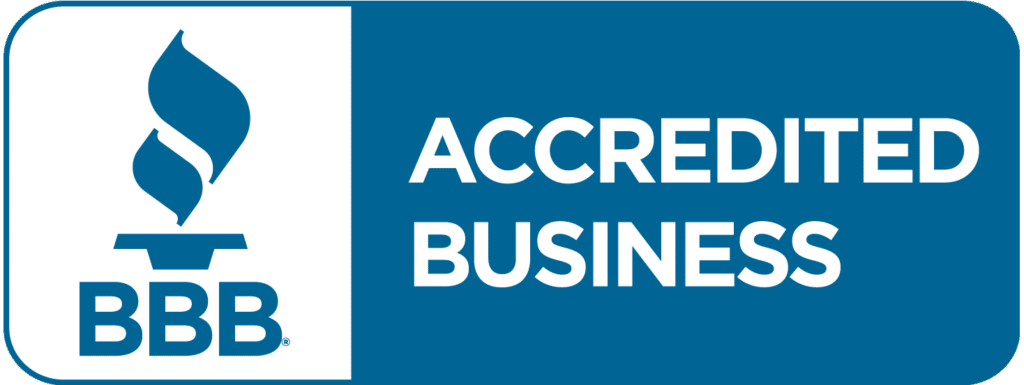Unveiling the Mysteries of Dissociative Drugs: A Comprehensive Guide
Dissociative drugs, a class of substances that alter consciousness and perception, have long intrigued both the medical community and the public. These substances, which include ketamine, PCP, DXM, nitrous oxide, and salvia divinorum, can induce a range of effects from euphoria to profound disconnection from reality. This blog post delves into the nature of dissociative drugs, their effects, risks, and the ongoing debate about their safety and potential therapeutic applications.
Understanding Dissociative Drugs
Dissociative drugs are known for their ability to disrupt the action of N-methyl-D-aspartate (NMDA) receptors in the brain, which are crucial for glutamate transport, affecting perception, mood, and one’s sense of self. These substances can make individuals feel detached from their environment and their body, leading to altered sensory perceptions and, in some cases, hallucinations.
The Effects of Dissociative Drugs
The effects of dissociatives can vary widely and depend on numerous factors including the type of drug, dosage, and individual biology. Short-term effects may include heightened senses, euphoria, visual and auditory distortions, and out-of-body experiences. However, these drugs also carry the risk of adverse reactions like panic, paranoia, and a disconcerting feeling of disconnection from reality known as a “K-hole”.
Long-term use of dissociatives has been associated with a variety of health risks, such as cognitive impairments, memory loss, and psychological dependency. The severity of these effects often correlates with the frequency and amount of drug use.
The Therapeutic Potential vs. Risks
Despite their risks, some dissociative drugs have recognized medical applications. For instance, ketamine has been used as an anesthetic and more recently, in a derivative form, as a treatment for resistant depression. Research is ongoing into the therapeutic potential of these substances for conditions such as PTSD, substance use disorders, and severe depression.
Navigating Use and Misuse
The dual nature of dissociative drugs—as both potential therapeutic agents and substances of abuse—highlights the importance of understanding their effects, risks, and the contexts in which they can be safely used. Misuse of dissociatives can lead to serious health issues, including addiction and long-term mental health problems.
The Legal and Social Context
The legal status of dissociative drugs varies, with some being available by prescription for medical use, while others are illegal due to their high potential for abuse and harm. The ongoing research into their therapeutic potential could reshape this legal landscape, making it crucial to stay informed about the latest developments.
Dissociative drugs represent a complex category of substances with the power to alter human consciousness profoundly. While they offer significant therapeutic potential, their use comes with substantial risks. As research continues to uncover the complexities of how these drugs affect the brain and behavior, it is essential for individuals to approach them with caution and for society to regulate their use responsibly. Understanding the balance between benefit and risk is key to harnessing the potential of dissociatives safely and effectively.
In navigating the intricate world of dissociatives, it is clear that education and responsible use are paramount. As we explore the boundaries of human consciousness and potential therapeutic applications, let us proceed with both curiosity and caution, mindful of the profound impact these substances can have on the mind and body.









